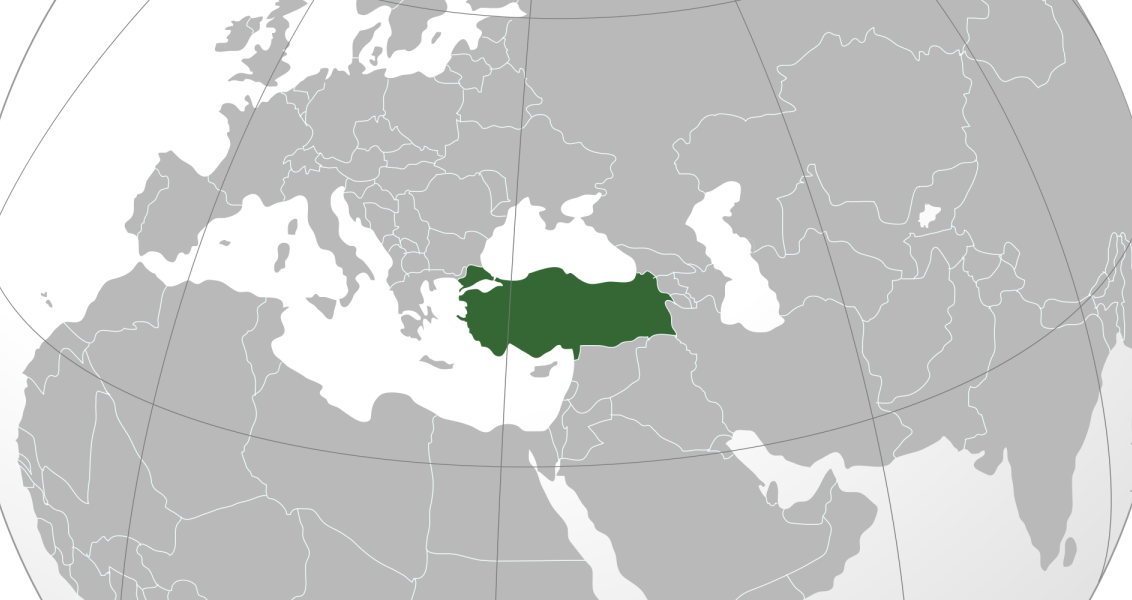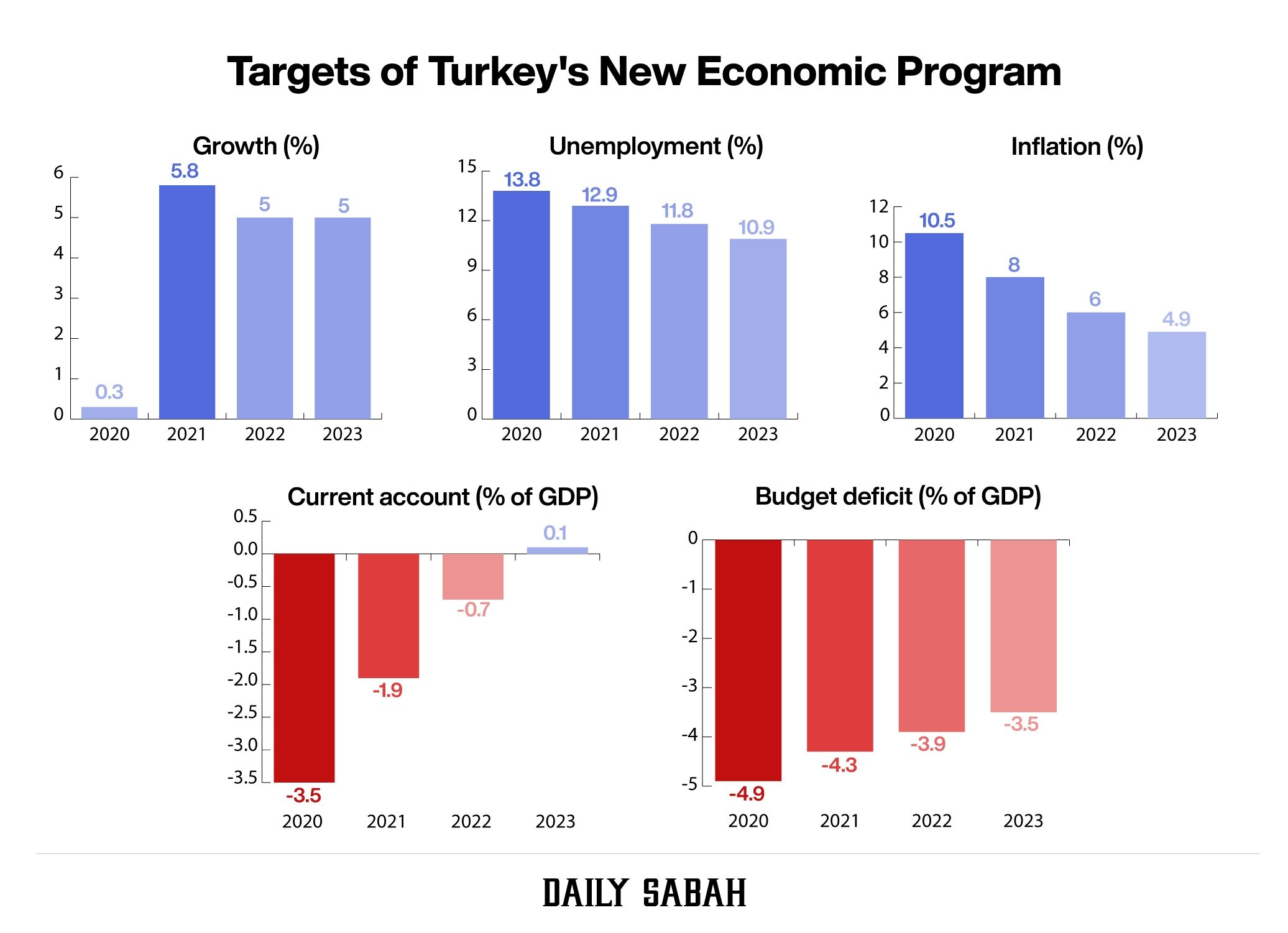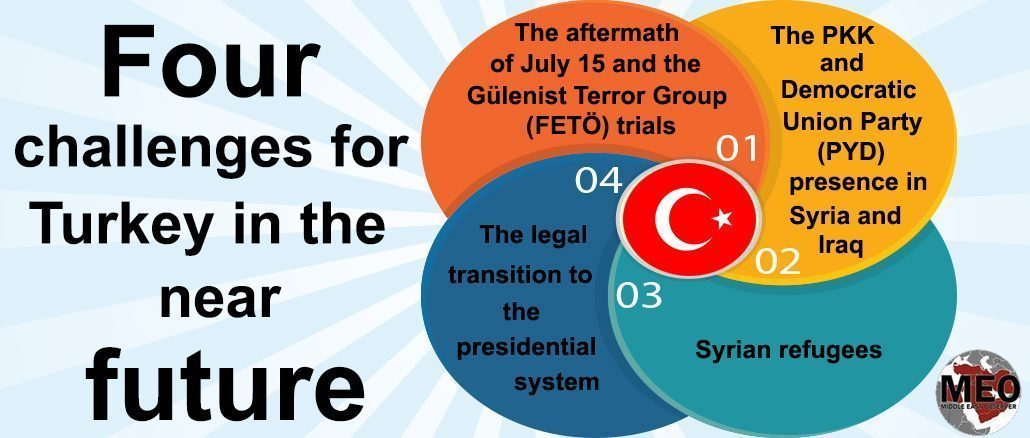10, Apr 2024
Turkey’s Future In 2025: A Comprehensive Outlook
Turkey’s Future in 2025: A Comprehensive Outlook
Related Articles: Turkey’s Future in 2025: A Comprehensive Outlook
- Volkswagen Golf R 2025: The Future Of Performance Hot Hatches
- 2025 Forester Price: A Comprehensive Guide
- 2025 Calendar With Indian Holidays PDF
- 2025 85: A Comprehensive Guide To The Sort Code
- Caribbean Cruise With Flights 2025: Unforgettable Adventures Await
Introduction
In this auspicious occasion, we are delighted to delve into the intriguing topic related to Turkey’s Future in 2025: A Comprehensive Outlook. Let’s weave interesting information and offer fresh perspectives to the readers.
Table of Content
Video about Turkey’s Future in 2025: A Comprehensive Outlook
Turkey’s Future in 2025: A Comprehensive Outlook
.jpg)
Turkey, a pivotal nation straddling Europe and Asia, stands at the cusp of a transformative era. As we approach 2025, the country’s trajectory is poised to be shaped by a confluence of internal and external factors. This article aims to provide a comprehensive overview of the key developments and trends that are likely to shape Turkey’s future in the coming years.
Economic Landscape
Turkey’s economy has experienced significant growth in recent decades, driven by a vibrant manufacturing sector and a burgeoning services industry. However, the country has also faced challenges, including inflation, currency volatility, and high unemployment. In 2025, Turkey’s economic outlook is expected to be influenced by:
- Continued economic growth: Turkey’s economy is projected to grow at a moderate pace of around 3-4% per year in the lead-up to 2025. This growth will be supported by government stimulus measures, infrastructure investments, and a growing consumer base.
- Inflation control: Inflation has been a persistent issue in Turkey, but the government is committed to bringing it under control. The Central Bank of Turkey is expected to continue its tight monetary policy to curb inflation and stabilize the currency.
- Increased foreign investment: Turkey is actively seeking to attract foreign investment to support its economic growth. The government is implementing measures to improve the investment climate and make Turkey a more attractive destination for international businesses.
Political Developments
Turkey’s political landscape has been marked by significant changes in recent years. The ruling Justice and Development Party (AKP) has been in power since 2002, but its dominance has been challenged by the rise of opposition parties. In 2025, Turkey’s political scene is expected to be characterized by:
- Continued AKP dominance: The AKP is likely to remain the dominant political force in Turkey in 2025. However, the party may face increasing challenges from opposition parties, which are seeking to capitalize on public dissatisfaction with the government’s economic policies and authoritarian tendencies.
- Political polarization: Turkey’s political landscape is becoming increasingly polarized, with the AKP and its opponents taking increasingly entrenched positions. This polarization is likely to continue in the lead-up to 2025, making it difficult to reach consensus on key issues.
- Constitutional changes: The AKP has proposed constitutional changes that would strengthen the president’s powers. These changes are controversial and have sparked protests from opposition parties and civil society groups. The fate of these changes will be a key factor in shaping Turkey’s political future.
Social and Cultural Trends
Turkey is a diverse and dynamic society, undergoing rapid social and cultural change. In 2025, Turkey’s social and cultural landscape is expected to be influenced by:
- Growing urbanization: Turkey’s population is becoming increasingly urbanized, with a majority of the population now living in cities. This trend is likely to continue in the lead-up to 2025, as people migrate from rural areas to urban centers in search of better economic opportunities.
- Increased education: Turkey has made significant progress in improving education levels in recent years. The government is investing in education and expanding access to higher education. This is likely to lead to a more educated and skilled workforce in the future.
- Changing values: Turkish society is undergoing a gradual shift in values, with younger generations becoming more liberal and progressive. This trend is likely to continue in the lead-up to 2025, leading to changes in social norms and attitudes.
Foreign Policy
Turkey’s foreign policy has been characterized by a mix of pragmatism and assertiveness in recent years. The country has sought to play a more active role in regional and global affairs, while also maintaining close ties with its Western allies. In 2025, Turkey’s foreign policy is expected to be influenced by:
- Regional stability: Turkey is a key player in the Middle East and has a vested interest in regional stability. The country is likely to continue to play a role in mediating conflicts and promoting cooperation in the region.
- Relations with the EU: Turkey’s relations with the European Union have been strained in recent years, but both sides have expressed a desire to improve ties. The future of Turkey’s EU membership bid will be a key factor in shaping the country’s foreign policy.
- Relations with the US: Turkey has a long-standing alliance with the United States, but the relationship has been tested in recent years. The future of this alliance will be influenced by a number of factors, including Turkey’s relations with Russia and the US’s broader strategy in the Middle East.
Challenges and Opportunities
Turkey faces a number of challenges and opportunities in the lead-up to 2025. These include:
- Economic challenges: Turkey needs to address its economic challenges, including inflation, currency volatility, and unemployment. The government must implement sound economic policies and create a favorable investment climate to ensure sustainable economic growth.
- Political challenges: Turkey’s political landscape is polarized and the government faces challenges in reaching consensus on key issues. The government must engage in dialogue with opposition parties and civil society groups to build a more inclusive and democratic society.
- Social challenges: Turkey is undergoing rapid social and cultural change, which brings both opportunities and challenges. The government must invest in education, healthcare, and other social services to ensure that all citizens have access to a better quality of life.
- Regional challenges: Turkey is located in a volatile region and faces challenges from a number of neighboring countries. The government must pursue a balanced foreign policy that promotes regional stability and protects Turkey’s interests.
Conclusion
Turkey’s future in 2025 is likely to be shaped by a complex interplay of internal and external factors. The country faces both challenges and opportunities, and its success will depend on its ability to address these challenges effectively and capitalize on the opportunities that arise. By implementing sound economic policies, promoting political dialogue, investing in its people, and pursuing a balanced foreign policy, Turkey can position itself for a prosperous and stable future.








Closure
Thus, we hope this article has provided valuable insights into Turkey’s Future in 2025: A Comprehensive Outlook. We thank you for taking the time to read this article. See you in our next article!
- 0
- By admin